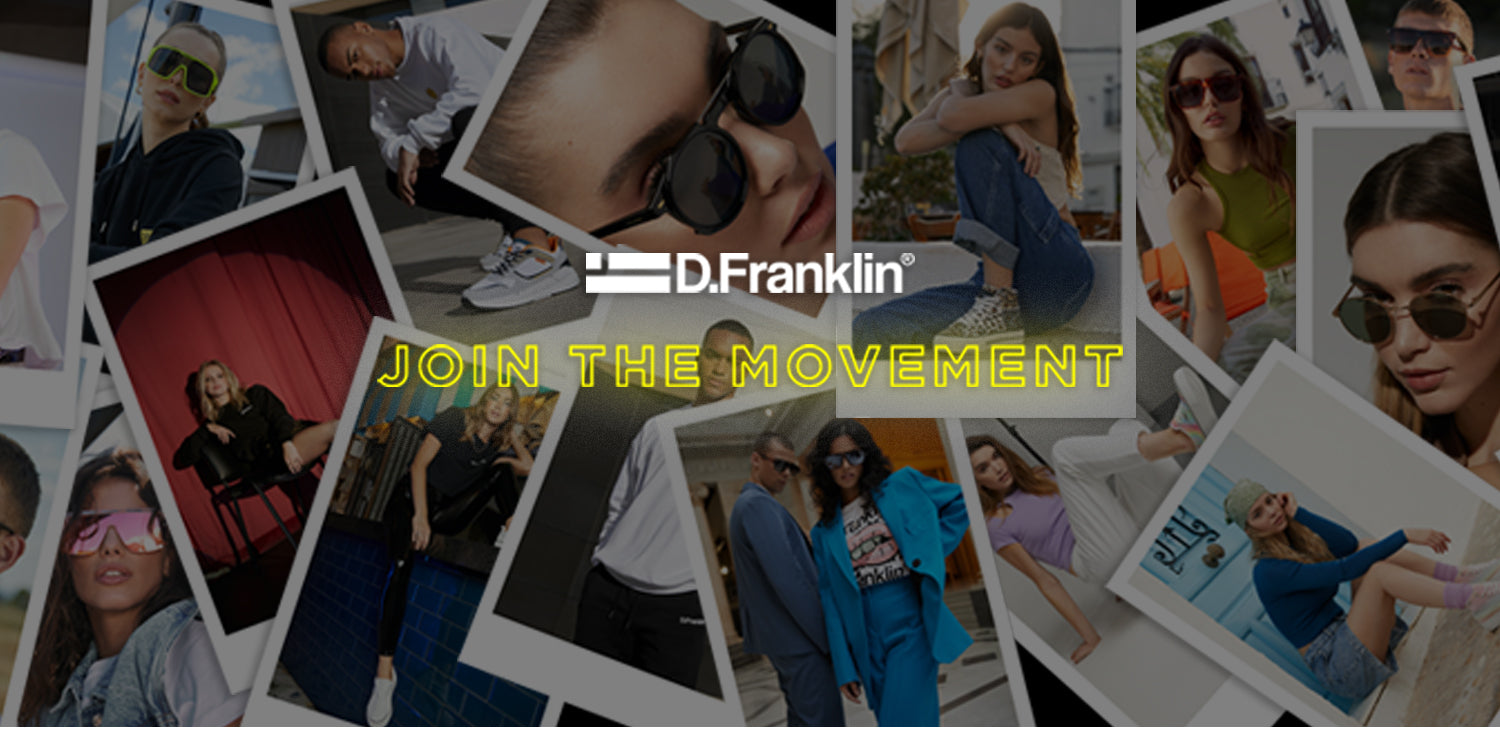Is It Recommended to Wear Sunglasses When It Snows?
Although it may seem strange, wearing sunglasses in the snow has more than one good reason, both in terms of comfort and protection.
Snow and sunlight form a duo that can seriously affect our eyes, more than we often imagine.
At D.Franklin, we explain why wearing sunglasses when it snows is recommended and what benefits this has for your visual health.
Snow and Sun: a Dangerous Reflection
When it snows, the landscape is covered by a white mantle that reflects up to 80% of sunlight.
This means that ultraviolet (UV) radiation not only comes directly from the sky, but also bounces off the snow and hits our eyes from all around.
This phenomenon is called the “albedo effect” and is much stronger than what occurs on other surfaces like water or sand.
As a result, our eyes receive twice as much solar radiation as on a sunny day without snow.
Even though the cold may make us forget the sun, the danger to our eyes is still there.

What Happens to Your Eyes Without Protection?
Excess ultraviolet radiation can cause a corneal burn called photokeratitis.
It’s very painful and may lead to blurred vision, excessive tearing, and a gritty sensation in the eyes.
Moreover, prolonged exposure without protection contributes to premature eye aging and increases the risk of cataracts in the long term.
Wearing sunglasses on snowy days is not a whim—it's a necessity to protect your eye health.
What Type of Sunglasses to Wear When It Snows
On snowy days, it’s essential to choose sunglasses with 100% UV filters or UV400 protection. This blocks both UVA and UVB rays, which are the most harmful.
Additionally, mirrored polarized lenses are highly recommended. They eliminate annoying snow reflections, improving visibility and reducing eye strain.
Category 3 lenses are ideal for sunny days with snow, as they filter a large portion of intense light.
Wraparound frames are also a great option, as they cover more area around the eyes and prevent light reflected off the snow from entering through the sides.
Benefits of Wearing Sunglasses in the Snow
Protecting your eyes with sunglasses when it snows has many advantages. Here’s a summary:
- Photokeratitis prevention: Avoiding painful corneal burns.
- Greater visual comfort: Reducing glare and the sensation of being dazzled.
- Long-term protection: Helping prevent cataracts and other eye damage.
- Better performance in activities: Whether skiing, snowboarding, or just walking in the snow, you’ll see more clearly and safely.
Why Choosing the Right Sunglasses Matters
To truly be effective, beyond looking good and matching your style, sunglasses must have the proper filters.
Make sure they have CE marking and the correct category level for snow (usually category 3), ensuring they’re made under European standards and offer the protection you need.
What if It’s Cloudy or Snowing Without Sun?
Yes, even on cloudy days, ultraviolet radiation is still present, and the snow continues to reflect light—even if we don’t see the sun directly.
That’s why it is advisable to wear sunglasses in the snow even on cloudy days.
Tips to Protect Your Eyes in the Snow
Now that you know it's recommended to wear sunglasses when it snows, here are some practical tips to make the most of snow sunglasses protection:
- Always carry a pair of sunglasses, when heading to the mountains or going out on snowy days.
- Make sure they are high quality and have UV protection.
- Check that they are clean and scratch-free, as damage to the lenses can reduce their effectiveness.
- Combine them with hats or visors, to reduce direct light reaching your eyes.
Wearing sunglasses when it snows is an effective way to protect your eyes from the excess radiation reflected by the snow.
When it snows, the sun is more present than ever—even if you don't see it. So next time you enjoy the snowy landscape, make sure to wear proper sunglasses.
Visit our sunglasses section at D.Franklin and discover the models that best fit your style and needs so that your eyes are always safe and healthy.




